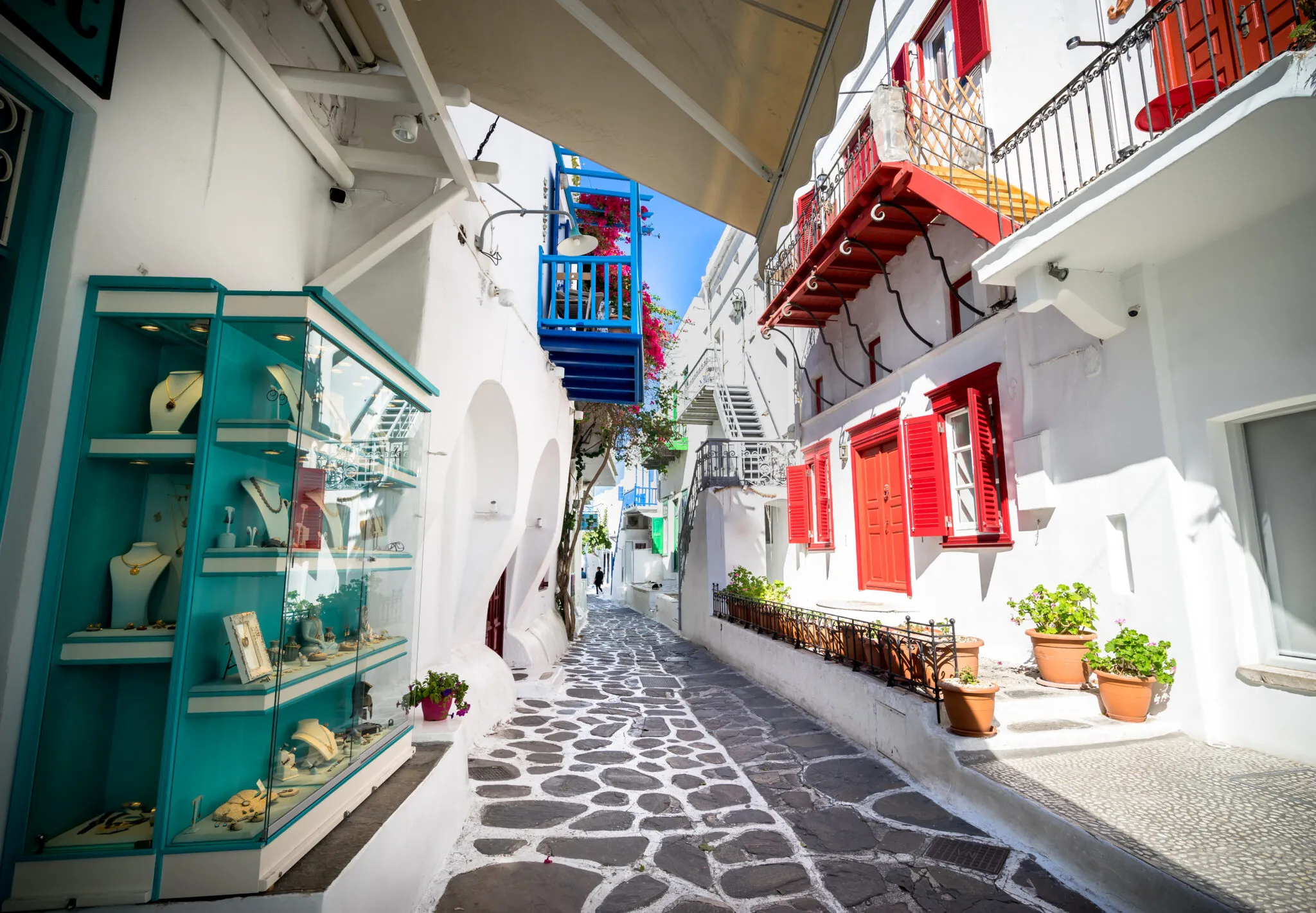Exploring the Impact of Tourism on the Greek Economy: Insights from Recent Research
Introduction: Tourism as a Pillar of the Greek Economy
Recent research has shed light on the significant effects of tourism on the Greek economy, underscoring Greece’s position as having the fourth highest percentage of travel receipts to GDP among European Union countries. The findings reveal that the tourism sector has shown remarkable recovery, coming close to 2019 levels during 2022, a promising indication of resilience.
A Closer Look at Economic Contributions
The data presented highlights that the indirect impacts of tourism significantly affect various sectors, particularly trade, agriculture, and food and beverages. Notably, around 22% of the total indirect effect measured in terms of Gross Value Added originates from the trade sector. This reflects how intertwined tourism is with different facets of the economy, showcasing its role as a catalyst for economic growth.
Boosting Employment through Tourism
Furthermore, tourism plays an essential role in enhancing employment across various sectors. Notably, retail trade ranks as the second most affected area, benefiting immensely from the influx of tourists. This relationship indicates that tourism not only generates direct revenue but also amplifies job opportunities in related industries.
Strengthening Synergies: Comments from Key Figures
During the presentation of the research findings, Mr. Vassilis Kikilias, the Greek Minister of Tourism, and Mr. Giorgos Karanikas, President of the Hellenic Confederation of Commerce and Entrepreneurship (ESEE), discussed the potential for enhancing collaborations between tourism and commerce.
The Call for Collaboration
Mr. Kikilias highlighted, "The ESEE represents the backbone of the Greek economy, consisting of small and medium-sized enterprises that support the Greek tourist product." He emphasized the need for a robust connection between tourism and commerce, advocating for the establishment of a Memorandum of Cooperation aimed at promoting "Shopping in Greece."
Innovative Campaigns to Boost Visitor Spending
In addition to this, Mr. Kikilias referenced the successful Greekend campaign, which attracted numerous visitors for short-term city trips involving shopping, entertainment, and cultural visits. He proposed the Greek National Tourism Organization (GNTO) collaborate to create a targeted marketing strategy to promote similar initiatives.
Bridging Connections: The Importance of Interindustry Relationships
Mr. Karanikas pointed out the necessity of cross-industry connections, stating that "tourism cannot thrive without inter-industry ties." He expressed satisfaction with the Minister’s announcement of a joint campaign between the GNTO and ESEE aimed at elevating the visibility of Greek trade sectors through tourism.
Towards a Sustainable Tourism Ecosystem
Highlighting a sustainable model for the entire tourism ecosystem, Mr. Karanikas emphasized the inclusion of all surrounding sectors, such as commerce and agronomy, into the tourism narrative. This holistic approach is essential to ensure the sector’s longevity and adaptability in a changing economic landscape.
Empowering Small Enterprises
Moreover, he underlined the importance of equipping small and micro enterprises with tools to sell their products remotely to international tourists post-departure. This capability could significantly enhance the tourist spending experience and bolster local economies.
Funding and Policy Reform Necessities
Karanikas also addressed the urgent issue of financing for small and medium-sized enterprises within the tourism sector. He called for the formal acknowledgment of tourism commerce enterprises to enable access to funding opportunities tailored for the tourism industry.
Academic Insights: Unpacking the Benefits of Joint Actions
The event featured a panel comprising notable figures like Mr. Nikos Vettas, General Director of IOBE, and Ms. Valia Aranitou, Scientific Director at INEMY-ESEE, who elaborated on the multiplicative benefits derived from collaborative efforts of both sectors.
Future Opportunities in Tourism and Trade
Mr. Vettas pointed out that Greece is a global tourism destination, remarking that it is vital to strengthen the relationship between tourism and trade, which remains underdeveloped. He noted a sharp increase in consumer spending following the lengthy lockdowns due to the pandemic, signifying a resurgence of interest in travel.
Emphasizing Cultural Ties
Additionally, attention was called to the significant connection between culture and tourism, serving as a robust link that can drive trade growth. Mr. Vettas emphasized the need for regular assessments to better understand and capture the actual dimensions of tourist spending.
Mapping Consumer Spending
Ms. Aranitou stressed the importance of mapping tourist expenditures, revealing a relatively low percentage of spending within commercial establishments. She argues that integrating tourism with commerce is essential, particularly through agro-food products and the creative economy.
Collaborative Research Initiatives
She advocated for ongoing research efforts to identify intervention points and establish coherent public policies, suggesting expanded collaborations among scientific institutions such as INEMY-ESEE, INSETE, and IOBE, along with the Bank of Greece.
Addressing Myths and Realities
Mr. Ilia Kikilias clarified various myths and truths surrounding Greek tourism, asserting that trade benefits in all dimensions from tourism, both retail and wholesale. He noted that Greece competes not with countries like Turkey and Egypt, but rather with other Mediterranean nations such as Croatia, Italy, Spain, and Cyprus.
Competitive Strengths and Challenges
Highlighting the competitive advantages of Greek tourism—highlighted by friendliness and service—he acknowledged ongoing challenges, including underdeveloped infrastructures. To enhance the competitiveness and sustainability of tourism resources, efforts must be made to foster growth in domestic value-added services.
Conclusion: A Path Forward for Tourism and Trade
Ultimately, the collaborative dialogue between tourism and trade signifies a critical step towards revitalizing the Greek economy. By tapping into shared resources and fostering sustainable practices, stakeholders can create a robust ecosystem that not only supports economic recovery but also maintains Greece’s unique cultural identity and hospitality charm for years to come. As the nation continues to refine its tourism strategy, the synergy between these two sectors will likely emerge as a linchpin for future growth and success.






















